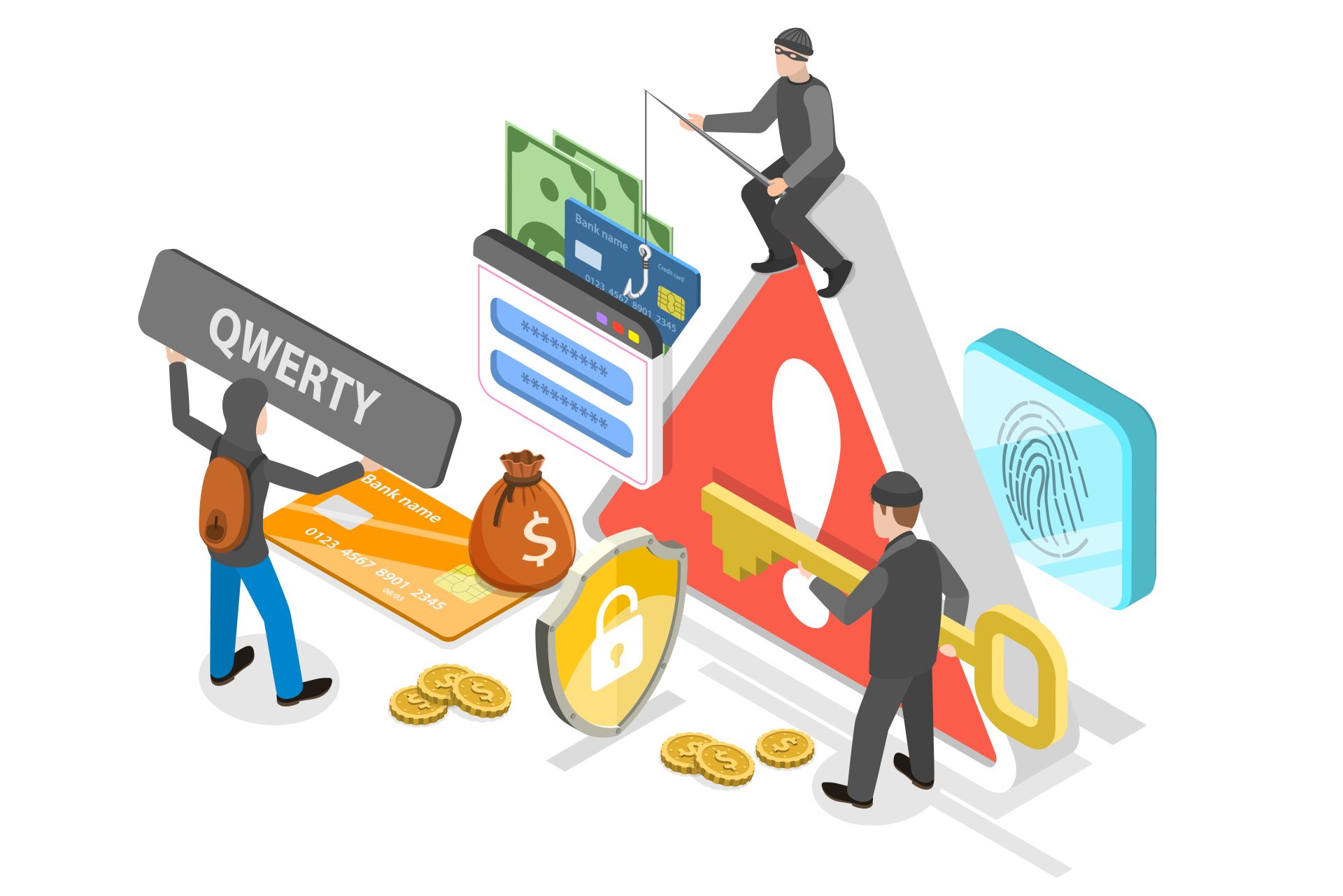The economic weight of counterfeiting
Museum of Counterfeiting
Counterfeiting has a significant economic impact on a global scale, affecting all industry and leading to considerable economic and social consequences, not only for the targeted companies but also for states and their populations.
Any counterfeit that is sold in place of an authentic product automatically causes a loss of profit: every year, legitimate companies lose billions of euros in revenue.
ACCORDING TO THE ORGANIZATION FOR ECONOMIC CO-OPERATION AND DEVELOPMENT (OECD), THE VALUE OF INTERNATIONAL TRADE IN COUNTERFEIT AND PIRATED PRODUCTS REPRESENTED APPROXIMATELY $430 BILLION IN 2019, OR 2.5% OF WORLD TRADE AND MORE THAN 5% OF EUROPEAN TRADE, OR 119 BILLION.
IMPACT ON EMPLOYMENT
COMPANIES AFFECTED BY COUNTERFEITING MAY BE FORCED TO REDUCE THEIR WORKFORCE.
Faced with reduced sales and profits caused by counterfeiting, businesses, particularly small and medium-sized ones, may be forced to reduce their workforce.
This directly affects the employees of these companies, but also, through a domino effect on the supply chain, their suppliers and distributors, such as raw material producers, packaging manufacturers, logistics companies, and retailers.
Furthermore, the economic pressure exerted by counterfeiting can hinder or cancel projects, and as a result, reduce job opportunities in research and development.
6,7 Billion euros of lost sales.
IN FRANCE, MORE THAN 38,000 JOBS ARE LOST EACH YEAR, AND NEARLY 500,000 ON A EUROPEAN LEVEL.
DECREASE IN TAX REVENUE
GOVERNMENTS LOSE SIGNIFICANT TAX REVENUES DUE TO COUNTERFEITING.
Counterfeits are typically sold outside of legal distribution channels, meaning sales evade taxes, including value-added tax (VAT), customs duties, and other local taxes.
So, when a company sells a product for 100 euros with 20% VAT, the State receives 20 euros. However, he loses them if this product is sold illegally without VAT. This has a direct impact on redistribution to citizens in terms of public services (hospitals, schools, social services, etc.)
Furthermore, when a company sees its profits reduced due to counterfeiting, the corporation tax levy is reduced by the same proportion for the State. Likewise, revenues generated by indirect taxes (taxes on retail sales, on the transport and logistics of legitimate products, etc.) are significantly affected.
Counterfeiting costs in tax 1,34 billion euros each year to the french state.
TAX LOSSES CAUSED BY COUNTERFEITING ARE ESTIMATED AT 86 BILLION EUROS FOR EUROPE
COST OF FIGHTING COUNTERFEITING
GOVERNMENTS AND BUSINESSES HAVE TO SPEND CONSIDERABLE AMOUNTS.
Fighting counterfeiting is expensive. This includes the costs of monitoring, legal action, storage fees and awareness campaigns.
A UNIFAB study carried out among its members indicated that manufacturers devoted up to 10% of their turnover to the defense of their intellectual property and the fight against counterfeiting.
Small and medium-sized businesses are the most vulnerable.
